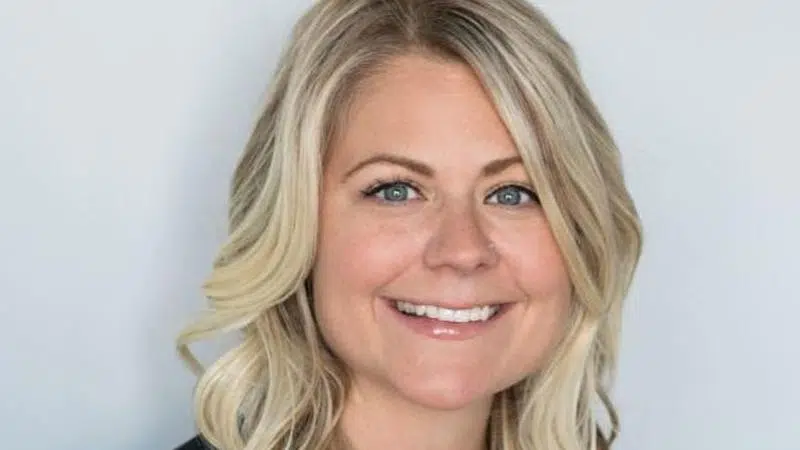
3 Bankruptcy Myths You Should Ignore
Canadians with debt received some good news and some not-so-good news earlier this month. The good news: Stephen Poloz, the head of the Bank of Canada, announced that there would not be an increase in the benchmark interest rate in January. The not-so-good news: additional interest rate increases could happen later this year, and those rate hikes will likely result in more bankruptcy filings across Canada.
Knowing your debt options and dispelling bankruptcy myths can help you take control of your financial situation. Although bankruptcy is a last resort, now is a good time to get the facts so you can manage your finances strategically.
Myth 1: Bankruptcy is my only option


